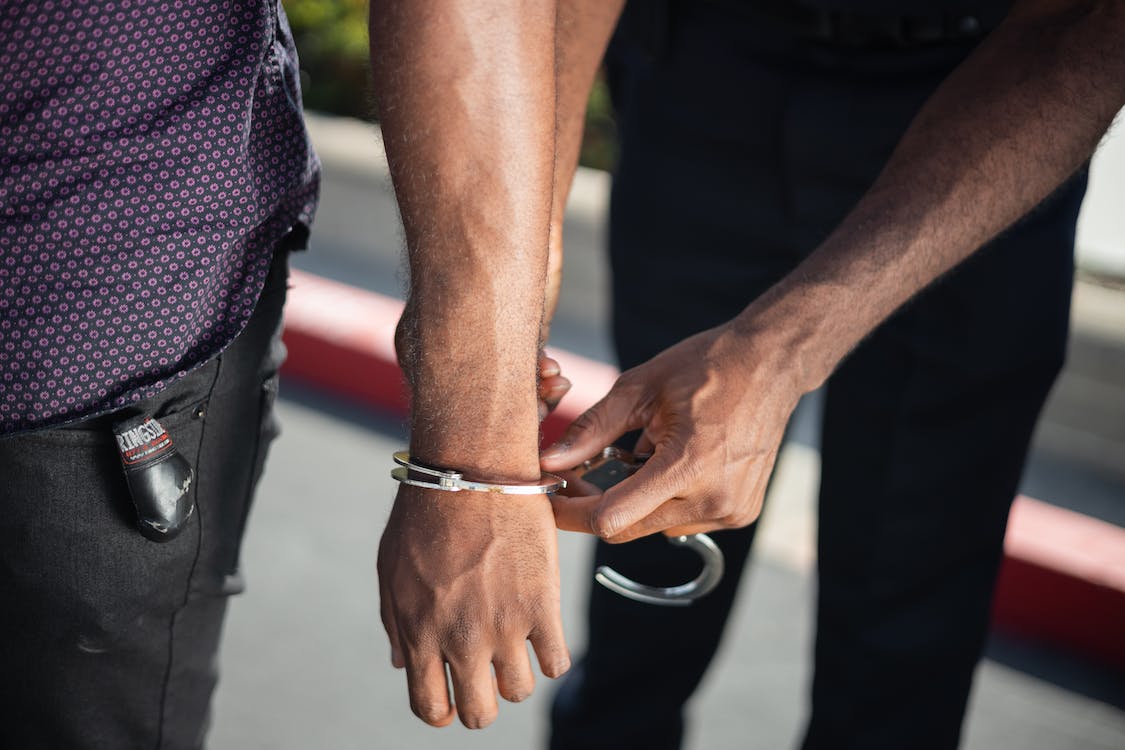
Assault offences are outlined in the Crimes Act 1958 and the Summary Offences Act 1966. Penalties for these offences vary depending on how the assault happened and what injuries were sustained. If you need to go to court due to an assault or violence charge, a criminal lawyer can defend your case.
Assault charges can be challenging to navigate, so it is essential to understand them and how you can be affected while on trial. This article will explain assault charges, penalties, and what you can do if charged.
Assault involves a harmful act of force, shoving, kicking, blows, intentional, reckless behaviours, non-consensually or fraudulently obtaining consent, direct or indirect actions, or acts that assisted these crimes. Assault can also include the use of verbal threats.
You don’t even need to make physical contact to be charged with violence. Threats of violence or being physically intimidating can also be an offence.
What about charges? If you commit a violent act, the crime you are charged with will depend on the injuries suffered by the victim, what your intention was, and what you should have realised would happen. Standard charges related to violent behaviour include causing injury or serious injury, homicide—including manslaughter—aggravated burglary, robbery, and threats to kill.

There are many forms of assault and violence charges that can result in terms of imprisonment. Below, we’ll run through a few of the more common ones and what you should know about them.
Common assault is considered one of the least serious and most common forms of assault. This is defined in Section 23 as any person who unlawfully assaults or beats another person.
This includes all offences that do not cause serious bodily harm or disfigurement. Penalties for common assault are 15 penalty units, a fine of $2214.15, or 3 months imprisonment.
Do you have an upcoming court date and need legal guidance for criminal offences? A professional criminal lawyer near Richmond, Fairfield, and Windsor can give you the best chance of success.
In Section 24 of the Summary Offences Act 1966, aggravated assault is where a person is convicted before the Magistrates Court of assault, battery or bodily injury which is ‘of an aggravated nature’. There are a few separate instances where your charge may be upgraded:
If the court deems the assault aggravated, the person offending can be convicted of 25 penalty units, a fine of $3690.25, or 6 months imprisonment. The court may also require that the offender behave well for six months.
Additionally, any person in company with another person who assaults another is liable for up to 12 months imprisonment. A person who kicks or uses a weapon or instrument for assault is responsible for up to 2 years imprisonment.
In the Crimes Act 1958, there are multiple offences related to causing injury. A serious injury is defined as an injury which is life threatening or substantial and protracted (for example an injury that requires surgery or leads to permanent disfigurement).
Recklessly causing an injury or serious injury means the person committed an act knowing it would probably cause that result.
Causing serious injury offences are nearly always heard in the County Court. The maximum penalty is either 20 or 15 years imprisonment depending on whether the prosecution can prove it was committed intentionally or recklessly.
Governed by Section 20 and Section 21 of the Crimes Act 1958, threatening to kill or seriously injure make up separate offences.
The prosecution must prove that the person making the threat knew or was reckless about whether the person it was directed would believe it.
Affray is a type of assault charge. These offences are assaults or violent behaviour committed in public that cause others to fear for their safety or life. Some of these offences can include giving wrong information in public places—such as pressing an emergency button under false pretences—, engaging in melee or public fights, and using weapons.
Sexual offences are covered under the Crimes Act 1958 (Vic) (‘Crimes Act’). Sexual crimes can include rape, sexual assault, threat to commit a sexual assault, incest, bestiality, or sexual servitude.
Penalties for committing acts of violence include fines, imprisonment, diversion programs, penalties you serve in the community—such as community correction orders—or paying compensation to victims.
The court will consider your police record or criminal history (if you have one), whether you plead guilty, the severity of injuries sustained, and whether you are remorseful or had a lawful excuse. All these factors come into play, and a criminal lawyer has the expertise to support you throughout this process.
If you’ve been charged with assault or violence, it’s critical to seek services from a Melbourne criminal law firm specialising in assault charges. Attempting to represent yourself can be a risky move, and there are many legal arguments that a lawyer can explore that you may not know about.
You have three options in court. However, you can adjourn the hearing if you enter a diversion program or want a private lawyer. Always speak to a criminal lawyer for guidance on your options.
Looking for advice for your next case? Consult a criminal lawyer near Frankston, Cranbourne, and Dandenong for expert legal advice tailored to your assault or violence charge.
Charges related to assault and violence are severe and detrimental to your career, reputation, and way of life. At May Lawyers, I can help defend your case.
Whether you need assistance with criminal trials, assault and violence, or sex offences, I bring a decade of experience in criminal law and assault offences. I’m one of the few lawyers recognised by the Law Institute of Victoria as an Accredited specialist.
From defending clients in trials or hearings, intervention orders, negotiating charges with the prosecution and preparing pleas, as a criminal lawyer, I can help you avoid jail time.
Contact me today for a fair cross-examining of your accuser. My expertise will give you the best possible outcome for your case.